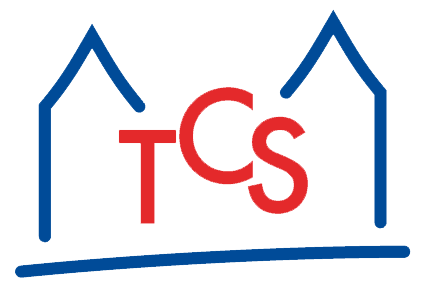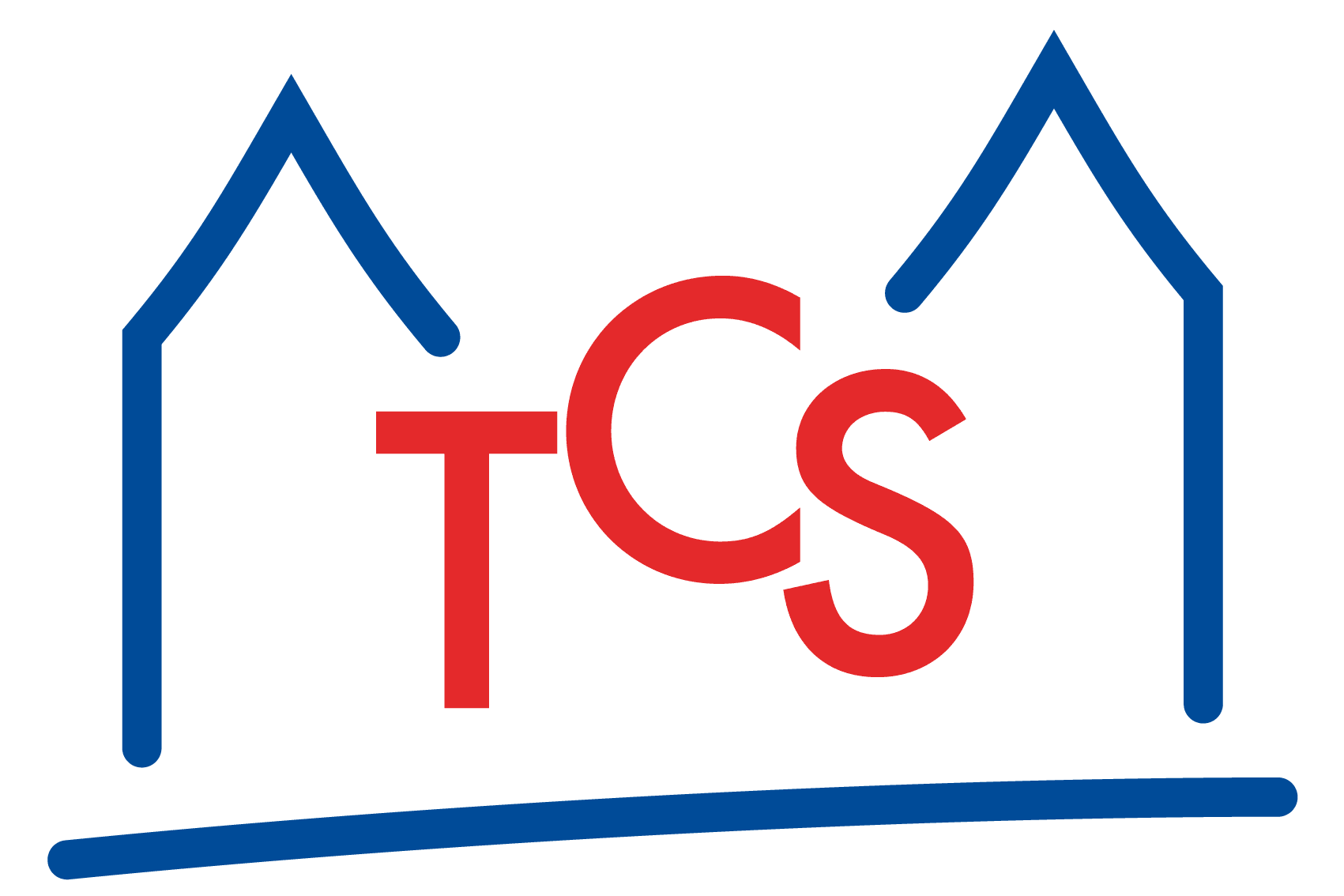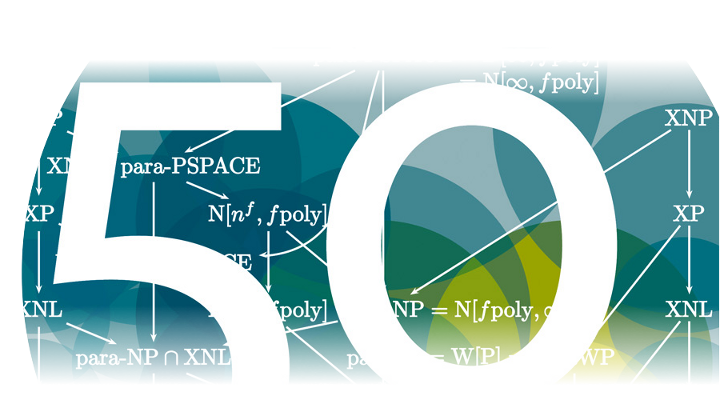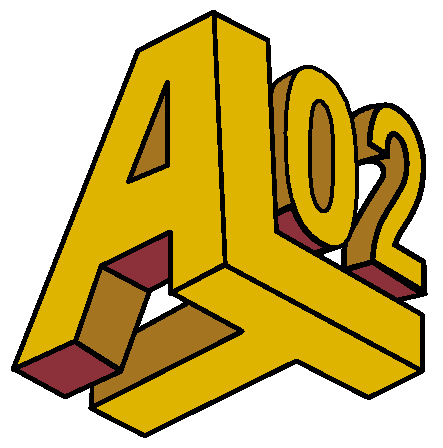19. Juni 2002: 17.15 h, R3/Haus 21
Professor Dr. Heribert Vollmer, Institut für Informatik A, Universität Hannover
Die Komplexität von Constraint-Satisfaction-Probleme
Ein Constraint-Satisfaction-Problem (CSP) besteht aus einer Folge von
Einschränkungen an einen Vektor von Variablen. Eine
Lösung eines CSPs ist eine Belegung der Variablen, die alle
Einschrðnkungen erfüllt. Wir untersuchen Boolesche
Constraint-Satisfaction-Probleme, bei denen als Einschrðnkungen
beliebige Boolesche Relationen verwendet werden dürfen.
Thomas Schaefer erzielte im Jahre 1978 ein bemerkenswertes Resultat: Er konnte zeigen,
dass für jede mögliche Menge von erlaubten Constraints das
Problem, von einem CSP festzustellen, ob es eine Lösung
besitzt, entweder NP-vollständig ist oder in Polynomialzeit
lösbar ist (und nicht etwa in einem der -- unter der Annahme P ungleich NP
existierenden -- unendlich vielen Zwischengrade liegt). Neben diesem
sog. Erfüllbarkeitsproblem wurden seitdem viele weitere
Fragestellungen über CSPs komplexitätstheoretisch
klassifiziert.
Im Vortrag wird nach einer Einführung in das Themengebiet der Booleschen
Constraint-Satisfaction-Probleme die Fragestellung untersucht, wie
schwierig es ist, festzustellen, ob zwei gegebene CSPs die gleiche
Menge von Lösungen besitzen.
22. Mai 2002: 17.15 h, R3/Haus 21
Prof. John Case, Department of Computer and Information Sciences, University of Delaware/USA
Complexity and Information Deficiences of Learned Knowledge Representations (Preliminary Results)
For this talk werepresent knowledge simply as computer program. A program for a
function f represents knowledge of how to compute f - and it may contain
additional information, perhaps implicit and needing to be extracted. Our setting is Gold-style
computational learning theory in which all the data points from the graph of a
function f are successively fed into an algorithmic
learning device, and that device outputs a corresponding sequence of
computer programs - in the ``hope'' those output programs will converge
to a program or programs which successfully compute f.
Investigated are some surprising and delicate tradeoffs between the generality of an algorithmic learning
device and the quality of the successful programs it converges
to. Two classes of results are presented. There are results to the
effect that, with small increases in generality of the learning device,
the computational complexity of some successfully learned programs is
provably unalterably suboptimal. Importantly, there are
also results in which the complexity of successfully learned programs is
optimal and the learning device is quite general, but some of those
optimal, learned programs are provably unalterably information
deficient - in fact, deficient as to safe, algorithmic extractability of even the
fact that they are approximately optimal. For these results, the safe,
algorithmic methods of information extraction will be by proofs in
arbitrary, true, recursively axiomatizable extensions of Peano
Arithmetic. This is joint work with Keh-Jian Chen, James Royer, and
Sanjay Jain.





 ALT 2002, die 13. internationale Konferenz für algorithmische Lerntheorie
ALT 2002, die 13. internationale Konferenz für algorithmische Lerntheorie